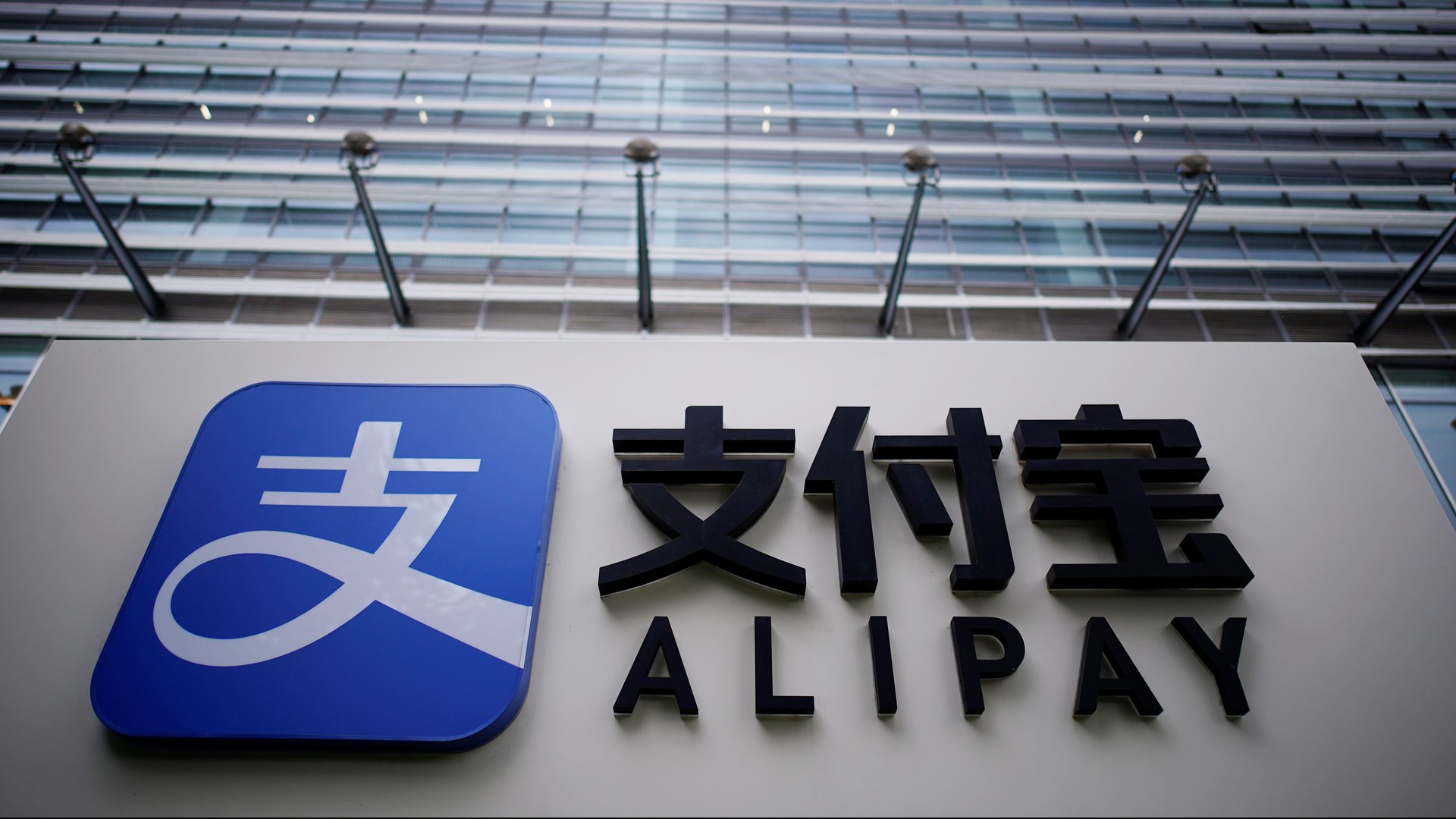Beijing, not Washington, is the biggest challenge for Chinese fintech giants like Ant
Ant Group’s blockbuster IPO was poised to be a major milestone for a homegrown champion. But officials in Beijing had other ideas.


Ant Group’s blockbuster IPO was poised to be a major milestone for a homegrown champion. But officials in Beijing had other ideas.
The Shanghai Stock Exchange announced late on Tuesday (Nov. 3) that its listing of Ant, which was scheduled for Thursday, had been suspended. The surprising reversal comes after Jack Ma, Ant’s billionaire controlling shareholder, and two other top executives were summoned by regulators yesterday for a supervisory meeting.
The exchange said it was putting the listing on hold after Ant said there had been “material changes” in the regulatory stance on financial services, which could result in Ant failing to meet the conditions for listing and providing information disclosures. Ant later issued a statement on the Hong Kong Stock Exchange, the other leg of its dual listing, indicating that it would suspend its Hong Kong offering as well.
In a statement published on WeChat, Ant apologized for the inconvenience, and promised to “embrace regulation”:
Ant Group sincerely apologizes to you for any inconvenience caused by this development. We will properly handle the follow-up matters in accordance with applicable regulations of the two stock exchanges.
We will overcome the challenges and live up to the trust on the principles of: stable innovation; embrace of regulation; service to the real economy; and win-win cooperation. We will continue to serve small and micro businesses and ordinary citizens with our passion, professionalism and commitment for society. We will keep in close communications with the Shanghai Stock Exchange and relevant regulators, and wait for their further notice with respect to further developments of our offering and listing process and disclose in a timely manner.
It’s unusual for a Chinese IPO to be suspended so close to the trading debut, wrote Kevin Kwek, an analyst at Bernstein, in a note to clients. Many investors are asking for more information about the meeting between Ant and its regulators. The suspension “could be to allow time to properly prepare communications on how Ant’s operations could be affected, for proper disclosure to investors,” Kwek wrote. “But we don’t know, [and it] could well be a longer delay if bigger changes were expected of Ant.”
The episode demonstrates the uncertainty of doing business in China, even for the country’s most high-profile champions. China’s one-party state and the resulting concentration of power means companies have few tools to protect themselves or negotiate with the authorities when a decision doesn’t go their way. By comparison, despite the Trump administration’s many restrictions on Chinese tech firms like TikTok, Chinese companies can still use American courts to try to overturn the administration’s orders.
The upheaval also signals Beijing’s wariness of large technology firms encroaching on the financial sector. Ant’s Alipay and rival WeChat Pay, operated by tech giant Tencent, are intertwined with citizens’ everyday lives, allowing them to pay for things by scanning QR codes, and making China an increasingly cashless society. The apps also make it easy to stash extra savings in money market funds. But authorities have since tightened the regulatory screws on those products. The People’s Bank of China (PBOC) is testing a digital version of its paper currency in cities like Shenzhen, which could be seen as a way to counter Alipay and WeChat Pay’s dominance in mobile payments.
It seems that Ant, which runs a massive payment service that helps drive its lending, investing, and insurance platforms, hasn’t escaped being a financial company, even after it rebranded from Ant Financial to Ant Group earlier this year.
Ma, Ant’s executive chairman Eric Jing, and chief executive Simon Hu were summoned yesterday by four Chinese regulators, including the central bank and its securities, banking, and foreign-exchange watchdogs for a meeting. While few details were revealed about the event, the meeting coincided with a proposal by two of the regulators at the meeting, the China Banking and Insurance Regulatory Commission and the PBOC, on tightening scrutiny of the micro-lending sector, which is a key business for Ant. The company runs Huabei, a platform that extends small loans funded by domestic banks and asset-backed securities markets to consumers.
In another sign of Beijing’s determination to regulate fintech companies, Guo Wuping, the head of consumer protection at China’s banking regulator, also called out companies like Ant in a highly critical article published on the same day as the summons. Guo said micro-loan products offered by fintech companies are not fundamentally different to credit cards issued by banks, but a lack of clear regulations has fostered unfair competition between those companies and established financial institutions. “Huabei generates higher installment fees than banks, and this goes against the company’s claim to promote financial inclusion,” Guo wrote.
Economic Journal also published an article today (Nov. 3) taking aim at fintech companies, before the news emerged of Ant’s delayed IPO. The Party-owned financial newspaper argued that, despite the rise of internet-enabled finance, there are really only two types of finance companies: licensed financial institutions, and “fake” finance firms suspected of violating regulations. Although the article didn’t mention Ant specifically, it said there are some financial companies that have changed their name for the sake of billing themselves as tech companies, potentially to avoid scrutiny, and to enjoy the high valuation and fundraising that comes with being in that sector.
Bernstein’s Kwek suggests that the news is bad for Ant’s IPO, but not necessarily “that bad.” He thinks Ant will be given time to transition to new rules and standards, if needed. That said, the suspension of the IPO undermines the belief that the financial darling had a handle on regulatory concerns. “Weakening this assumption does not bode well for Ant,” he wrote.